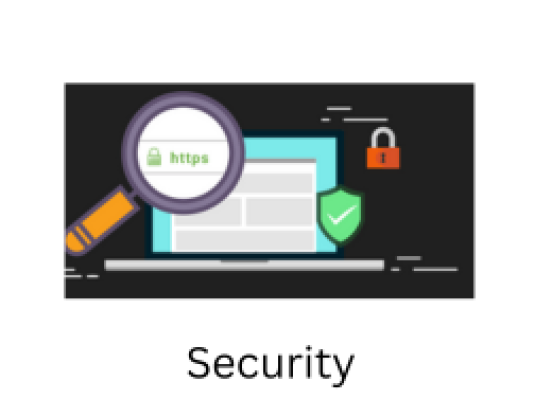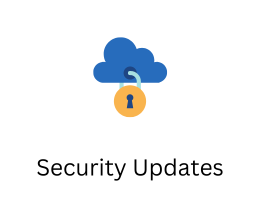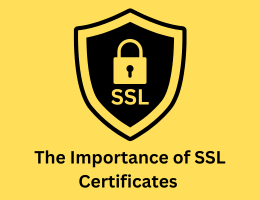
The Importance of Regular Website Security Audits
- By admin --
- Tuesday, 23 May, 2023
Introduction: In today's digital landscape, website security is of paramount importance. Cyber threats are becoming increasingly sophisticated, and even small vulnerabilities can lead to devastating consequences. Regular website security audits play a vital role in identifying and mitigating potential risks. In this article, we will delve into the significance of conducting routine security audits, exploring the benefits they offer and the key elements they should cover.
-
Identifying Vulnerabilities: One of the primary objectives of a website security audit is to identify vulnerabilities. By thoroughly examining the website's code, architecture, and configuration, security professionals can identify potential weak points that could be exploited by attackers. Vulnerabilities may include outdated software, unpatched systems, misconfigured settings, or weak access controls. Regular audits help to detect these vulnerabilities early on, minimizing the chances of a successful breach.
-
Protecting Sensitive Data: Websites often handle sensitive user data, such as personal information, payment details, or login credentials. Safeguarding this data is crucial for maintaining user trust and compliance with data protection regulations. Regular security audits allow organizations to assess the effectiveness of their data protection measures. This includes evaluating encryption protocols, access controls, and data storage practices. By conducting audits, organizations can identify any weaknesses in their data handling processes and take corrective actions to ensure data integrity and confidentiality.
-
Mitigating Emerging Threats: Cyber threats evolve at a rapid pace, with new vulnerabilities and attack techniques constantly emerging. Regular website security audits help organizations stay up-to-date with the latest threats and security best practices. Audits enable businesses to assess their defense mechanisms against evolving attack vectors such as malware, cross-site scripting (XSS), SQL injection, or phishing attempts. By actively identifying emerging threats and implementing appropriate countermeasures, organizations can significantly reduce the risk of falling victim to the latest cyber threats.
-
Enhancing Incident Response Preparedness: No security system is entirely foolproof, and in the event of a security incident, a prompt and effective response is crucial. Regular website security audits provide an opportunity to evaluate and enhance incident response plans. Audits can simulate potential security breaches, allowing organizations to assess their incident detection, containment, and recovery processes. By conducting regular audits, businesses can fine-tune their incident response strategies, ensure clear communication channels, and train staff members to respond swiftly and effectively during a real security incident.
-
Meeting Compliance Requirements: Many industries are subject to stringent compliance regulations, such as the General Data Protection Regulation (GDPR) or the Payment Card Industry Data Security Standard (PCI DSS). Regular security audits help organizations ensure they meet these compliance requirements. By conducting comprehensive audits, businesses can identify any security gaps that may lead to non-compliance. Audits also provide an opportunity to implement necessary controls and document evidence of security measures in place, demonstrating compliance to auditors and regulatory authorities.
Conclusion: Regular website security audits are a fundamental component of an effective cybersecurity strategy. By proactively identifying vulnerabilities, protecting sensitive data, mitigating emerging threats, enhancing incident response preparedness, and meeting compliance requirements, organizations can significantly reduce the risk of security breaches. Implementing routine security audits demonstrates a commitment to safeguarding user data and maintaining the trust of customers. In the rapidly evolving digital landscape, organizations that prioritize regular security audits are better equipped to defend against cyber threats and minimize the potential impact of security incidents.





